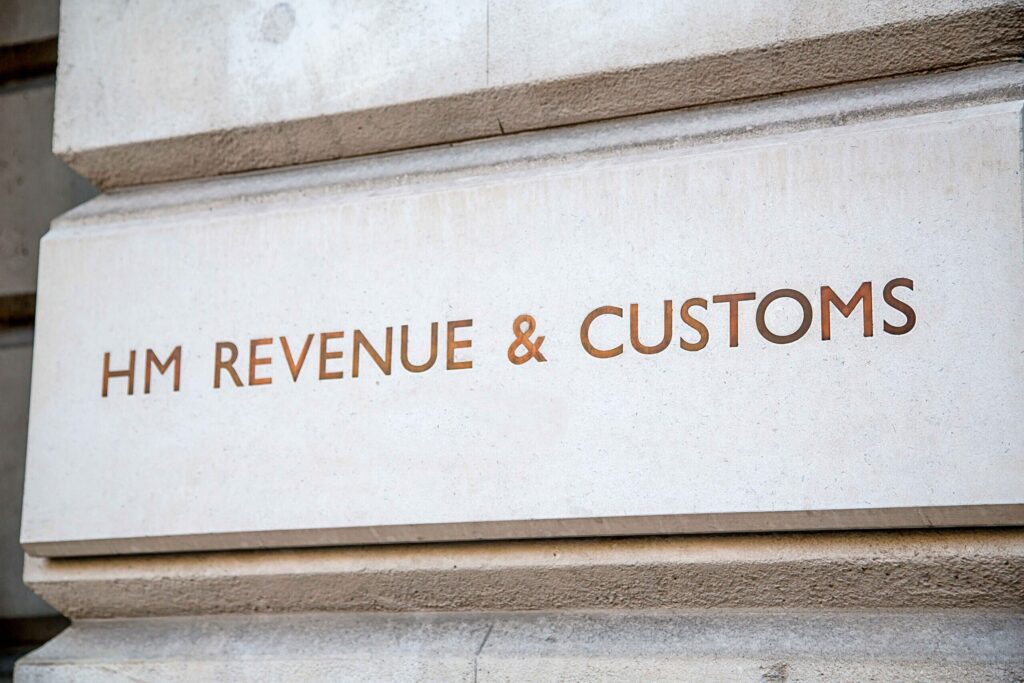Voluntary disclosure to HMRC – Why honesty is the best policy

So why would you want to make a voluntary disclosure to HMRC?
Firstly, what is a voluntary disclosure?
A voluntary disclosure allows a taxpayer to tell HMRC about mistakes without being prompted.
The key here is without being prompted!!
HMRC define this as the taxpayer informing HMRC of mistakes in their tax affairs at a time when they believe that HMRC does not have prior knowledge (or about to find out!).
Can I just wait until HMRC find the mistake and contact me?
You could yes, but honesty is always the best policy with HMRC especially when it comes to working out interest and penalties! A voluntary disclosure will go in your favour!
If HMRC have to prompt you of a mistake, then the penalties and interest charges are always higher! If you mislead or intentionally not inform HMRC, again you’re in for a fun ride!
Voluntary disclosure doesn’t have to be scary either, it can actually make a taxpayer feel in control of the situation.
What information does HMRC have on me as a taxpayer that could lead to them finding mistakes?
It will not come as a surprise that technology and AI play a part in this. HMRC have a powerful software (Connect) which holds large amounts of data from numerous sources. They use this data to build a picture of the taxpayer’s affairs and also their lifestyle.
HMRC have access to Companies House (including the new register of overseas entities owning UK property – hello ATED charge!), banks and Land Registry.
Overseas taxpayers are not safe either, as HMRC also receives data from overseas under the Common Reporting Standard and under the forthcoming digital platform reporting rules.
Despite access to all of the above, HMRC may still not know everything about a taxpayer.
This is where enquiries and tax investigations come in and you want to avoid these at all costs!
How do I start a voluntary disclosure? What’s the process?
Firstly, notify HMRC that you want to make a voluntary disclosure. You should then receive HMRC’s acknowledgement, together with a registration number (if you use the digital service).
Next, you want to submit the disclosure. So telling HMRC what went wrong, why the mistakes were made and quantifying the underpaid tax.
HMRC should then check the disclosure and ask the taxpayer some questions to make sure it is correct and complete.
HMRC may waiver interest and penalties here but be prepared that they may not!
The last step is closure which is usually via a contract settlement although, sometimes a formal assessment is issued.
Not as scary as you thought huh?!






